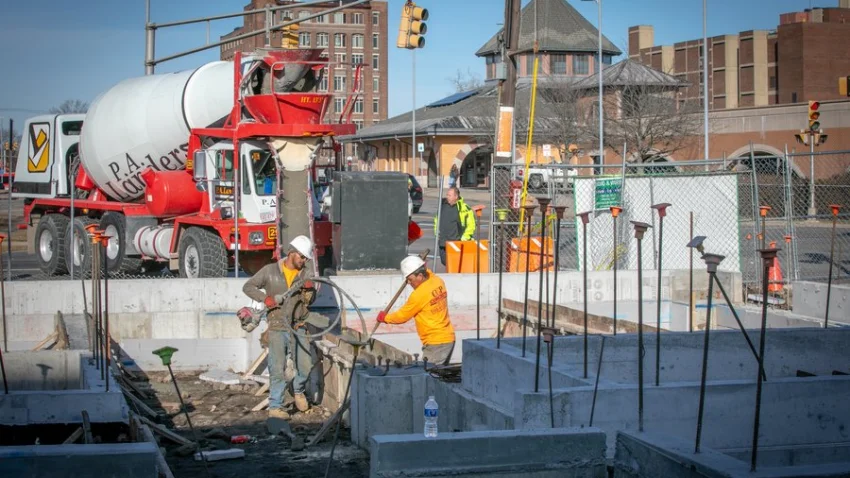
Massachusetts must take bolder steps to solve the housing affordability crisis while simultaneously counteracting climate change, including new policies to rapidly boost construction of more energy-efficient, planet-friendly homes without pricing out the next generation of homebuyers, according to a report released by the Home Builders & Remodelers Association of Massachusetts.
During this 18-month study, researchers from the MIT Center for Real Estate and Wentworth Institute of Technology analyzed the confluence of the housing and climate crises on building costs and, consequently, housing affordability, along with the potential effects of the state’s recently passed “net zero” residential building code. They concluded that, without additional incentives or financial supports, the more stringent building requirements will likely push homeownership out of reach for many more families in Massachusetts.
The report estimates that the specialized stretch energy code is likely to increase the cost of home construction by roughly 1.8% to 3.8% – adding approximately $10,000 to $23,000 to the median cost of a single-family home and putting homeownership out of reach for between 15,000 and 33,000 households. The median price of a single-family home in Massachusetts soared to $553,500 as of April. The researchers also estimated a 2.4% rise in construction costs for large multifamily buildings.
In a survey of Massachusetts homebuilders, the researchers identified multiple obstacles hampering the construction of more affordable, energy-efficient housing, including restrictive land use rules, permitting delays, lack of clarity on financial incentives, a shortage of workers skilled in green home building, continued supply chain issues, and a lack of public awareness of the economic benefits of energy-efficient homes. For example, the Mass Save program provides incentives for certain types of energy-efficient, all-electric homes, but it is unclear how long the incentives will last and whether developers can count on them.
The researchers found there is urgency to lower carbon emissions in new residential construction in order to advance the state’s climate goals. At the same time, there is urgency to increase the affordability of housing, particularly for people with low or moderate incomes, in order to maintain economic growth. The report notes there are opportunities for advances on both fronts.
The study was supported by a diverse array of organizations including the Air Conditioning, Heating and Refrigeration Institute, the Building Industry Association of Washington, Cape Cod Five, Housing Assistance Corporation, Massachusetts Association of Realtors, National Association of Homebuilders, Planning Office for Urban Affairs at the Archdiocese of Boston, Propane Education and Research Council, Pulte Homes, Mitsubishi Electric, Sunpower and Toll Brothers.
A copy of the report, “Public Policy for Net Zero Homes and Affordability,” can be found here.




